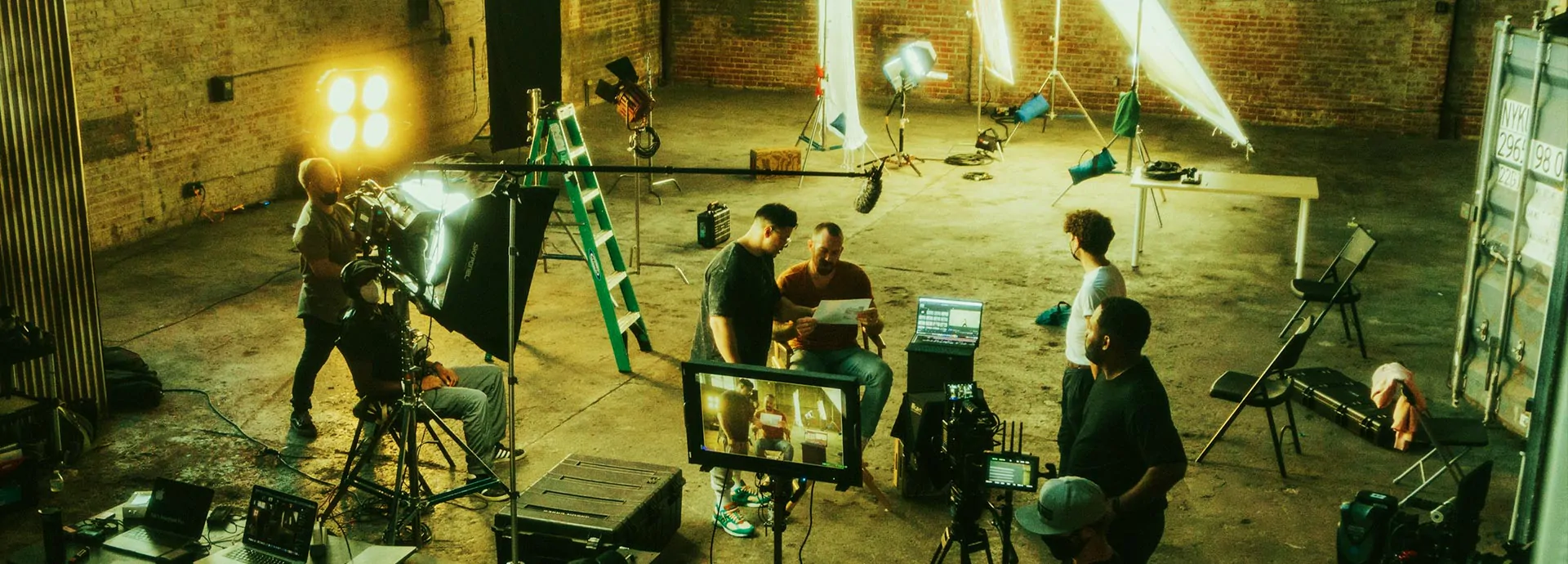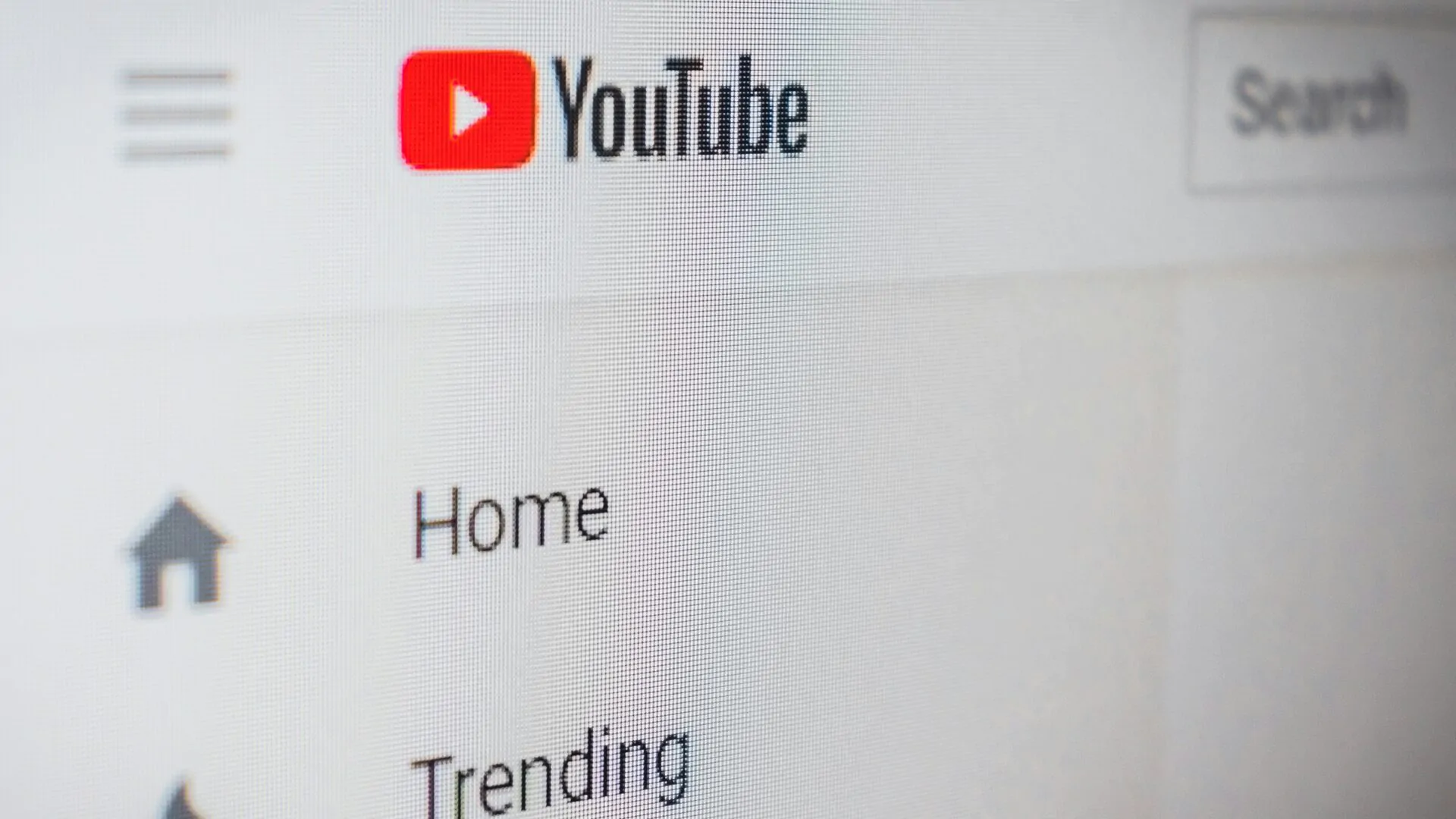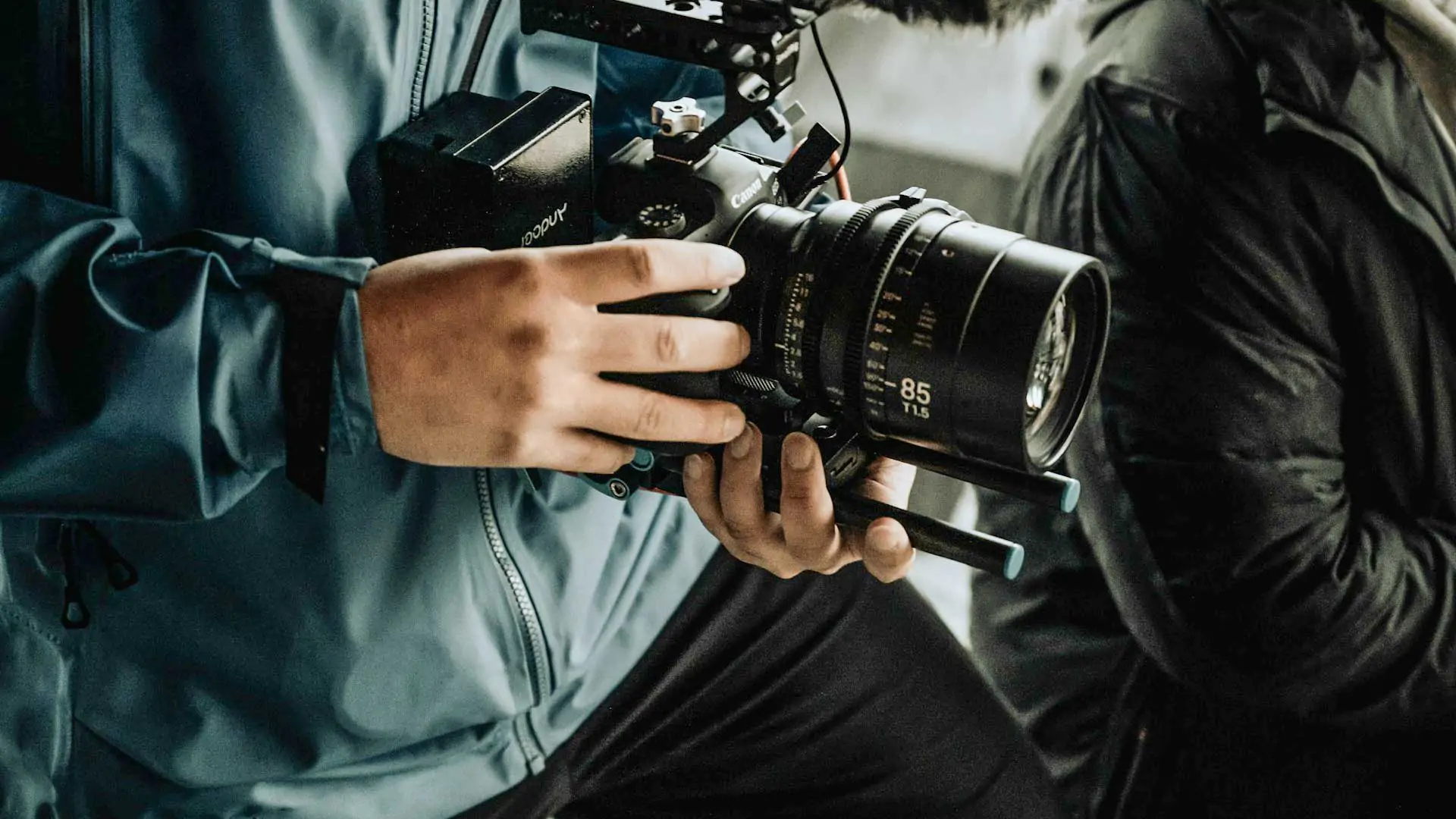
The Ultimate Guide to Camera and Video Production Questions?
Lights, Camera, Action!
Every day, countless aspiring creators, marketing managers, and business owners turn to search engines with questions about bringing their ideas to life on screen. Getting started can feel overwhelming, but it all begins by asking the right questions. Whether you’re curious about the gear you need or how to plan a full-scale shoot, we’ve compiled and answered the most common queries to help you navigate the exciting world of video content.
1. “What camera should I buy for starting a YouTube channel?”
This is the modern version of “what’s the best camera?” and the answer is more nuanced than you might think. While professional Toronto video production houses often use high-end cinema cameras from Arri or Red 3, you don’t need that level of investment to start.
The best starter camera is the one you already have—your smartphone. Modern smartphones shoot in stunning 4K and offer incredible computational photography features. The real key isn’t the camera body itself, but the accessories that elevate your footage: a good microphone for clear audio, a tripod for stable shots, and lighting to ensure your subject looks great.
As you grow, you might upgrade to a mirrorless camera from Sony, Canon, or Fujifilm, which offer more manual control, interchangeable lenses, and superior performance in low light. The goal is to start creating and learn the principles of framing and storytelling; the gear can follow.
2. “What does a video production agency actually do?”
A full-service media production agency functions as your all-in-one partner to take a concept from a mere idea to a finished product. This process is typically broken down into three core stages:
-
- Pre-Production: This is the planning phase. It includes creative concept development, scriptwriting, storyboarding, casting, location scouting, and scheduling. A good agency, like many top Toronto video production firms, handles all these logistics to ensure the actual shoot day runs smoothly.
- Production: This is the shoot day itself. The agency provides the director, cinematographers, lighting and sound technicians, and all the necessary professional-grade equipment. They manage the set, direct talent, and capture all the footage and audio required.
- Post-Production: Here, the raw footage is transformed into a polished video. Editors assemble the story, colorists grade the footage for a specific look, motion graphics artists add animations and titles, and sound designers mix audio and add music 5.
Essentially, they handle the entire complex process so you don’t have to.
3. “How much does a professional corporate video cost?”
This is perhaps the most common question, and the honest answer is: “it depends.” The cost can range from a few thousand dollars for a simple testimonial video to hundreds of thousands for a broadcast television commercial.
Several key factors influence the budget:
-
- Scope: The number of filming days, locations, and crew members required.
- Equipment: Using specialized gear like drones or jibs adds cost.
- Talent: Hiring professional actors versus using company employees.
- Post-Production: Complex animation and visual effects are more time-intensive and expensive.
Many agencies offer package deals to simplify this. It’s best to have a budget range in mind when you approach a media production agency so they can tailor a solution that delivers maximum value for your investment 1.
4. “How long does it take to produce a video?”
Patience is key in video production. Rushing the process often leads to a subpar final product. While a very simple video might be turned around in a couple of weeks, a typical corporate project with a moderate level of complexity takes 4-6 weeks from initial briefing to final delivery.
This timeline allows for thorough planning (1-2 weeks), a dedicated shoot day (1-2 days), and a meticulous editing and review process (2-3 weeks). Remember, good storytelling and quality craftsmanship cannot be rushed.
5. “What’s the difference between a corporate video and a commercial?”
While both are produced by a Toronto video production company, their goals and audiences are different.
-
- Corporate Video: This is typically aimed at an internal audience (employees, stakeholders) or a specific B2B audience. Examples include training videos, brand stories, recruitment videos, and internal communications. The tone is often more informative and focused on building trust and authority 6.
- Commercial (or Advertisement): This is created for a consumer audience (B2C) with the direct goal of driving sales, promoting a product, or building brand awareness on a mass scale. The tone is more persuasive, emotional, and designed to capture attention quickly—often in 30 seconds or less
6. “Why can’t I just use my phone and edit it myself?”
You absolutely can! For quick social media clips, behind-the-scenes content, or internal messages, smartphone video is perfect. However, for a project that represents your brand to the world, requires a complex narrative, or needs to look broadcast-quality, professional production is worth the investment.
A professional media production agency brings an objective eye, artistic expertise, and technical proficiency. They ensure your video has high-quality audio (often the most overlooked amateur element), stable and well-composed shots, professional lighting, and a cohesive story structure that resonates with your target audience. It’s the difference between a home-cooked meal and a dinner by a master chef; both can be good, but one is an experience designed to impress.
7. “What should I look for when choosing a production company?”
Selecting the right partner is crucial. Here’s a quick checklist:
-
- Portfolio: Do you like their previous work? Does their style match your vision?
- Process: Do they have a clear process for communication, feedback, and project management?
- Expertise: Do they have experience in your industry or with your type of video?
- Reviews: What do their past clients say about them? Look for testimonials on their website or on independent platforms like Upcity.
- Cultural Fit: You will be working closely with this team. Are they people you can collaborate with effectively?
- The best Toronto video production partners will feel like an extension of your own team, deeply invested in understanding your goals and making your vision a reality.
Ready to Turn Your Questions into a Plan?
Having questions is the first step toward creating amazing video content. The next step is finding the right partner to answer them.
If you’re looking for a media production agency that combines creative storytelling with technical expertise, we’d love to chat. Our team is dedicated to demystifying the process and producing high-impact videos that achieve your specific goals.
Contact us today for a free consultation, and let’s bring your story to the screen.
By
Gokan Akyaz
Creative Director
Book Your Strategy Session Now!
647.242.1820 Or send us a message




